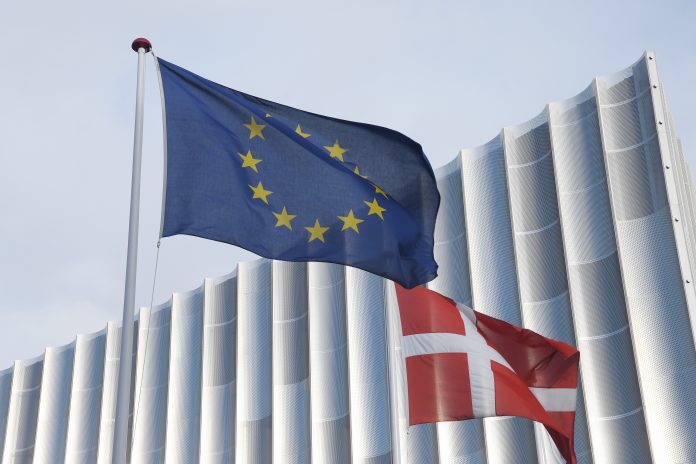Under EU State Aid rules, the European Commission has approved a €1.1 billion grant to support the Danish roll-out of carbon capture and storage (CCS) technologies
The carbon capture and storage roll-out comes at a time when both Denmark and the greater European community are striving towards a climate-neutral goal by 2050.
Reducing carbon dioxide in Denmark
The scheme has a total budget of around €1.1 billion (DKK 8.1 billion) and aims to promote the roll-out of CCS technologies used to reduce carbon dioxide emissions. With decarbonising the industrial process a top priority, CCS technology is at the core of this solution.
The €1.1 billion is believed to increase investor confidence in the future of carbon capture and storage technology whilst also reducing costs for future CCS applications.
Under the scheme, the aid will be awarded through a competitive tendering procedure to be concluded in 2023. The tender will be open to companies active in any industrial sector, including the waste and energy sectors.
The parameters of the 20-year contract
Under a 20-year contract, the beneficiary will be expected to capture and store an annual minimum of 0.4 million tonnes of CO2 from 2026.
According to the European Commission, “The grant will cover the difference between the estimated total costs of capturing and storing a tonne of CO2 over the contract’s lifetime and the return expected by the beneficiary. The maximum amount of aid will equal €54.9 million annually (DKK 408.4 million), adjusted for inflation.”
The scheme will contribute to Denmark’s efforts to reduce its greenhouse gas emissions by 70% by 2030 compared to the 1990 level.
The hope is that this scheme will enable Denmark and the EU to meet their objective of achieving climate neutrality by 2050. The project is expected to enable the capture and storage of a minimum of 0.4 million tonnes of CO2 per year and 8 million tonnes of CO2 over the total 20-year period of the contract.
0.4 million tonnes of CO2 per year and 8 million tonnes of CO2 over the total 20-year period of the contract
Why did the commission agree to the CCS grant?
Under the EU State Aid rules, the European Commission found that:
- “The scheme is necessary and appropriate to support the reduction of greenhouse gas emissions through the capture and storage of CO2 in Denmark and thereby contribute to the EU and national climate targets.
- The scheme has an “incentive effect” as potential beneficiaries would not carry out the investments and engage in a CCS project without the public support.
- The scheme has a limited impact on competition and trade within the EU. In particular, the aid is proportionate and any negative effect on competition and trade in the EU will be limited in view of the design of the bidding process, which will ensure that the aid amount is kept to the minimum.
- The scheme will be subject to an ex-post evaluation, which will verify among other things the effectiveness of the competitive bidding process.
- Finally, Denmark committed to ensure that the aid delivers overall CO2 reductions and that it does not merely displace the emissions from one sector to another.”











